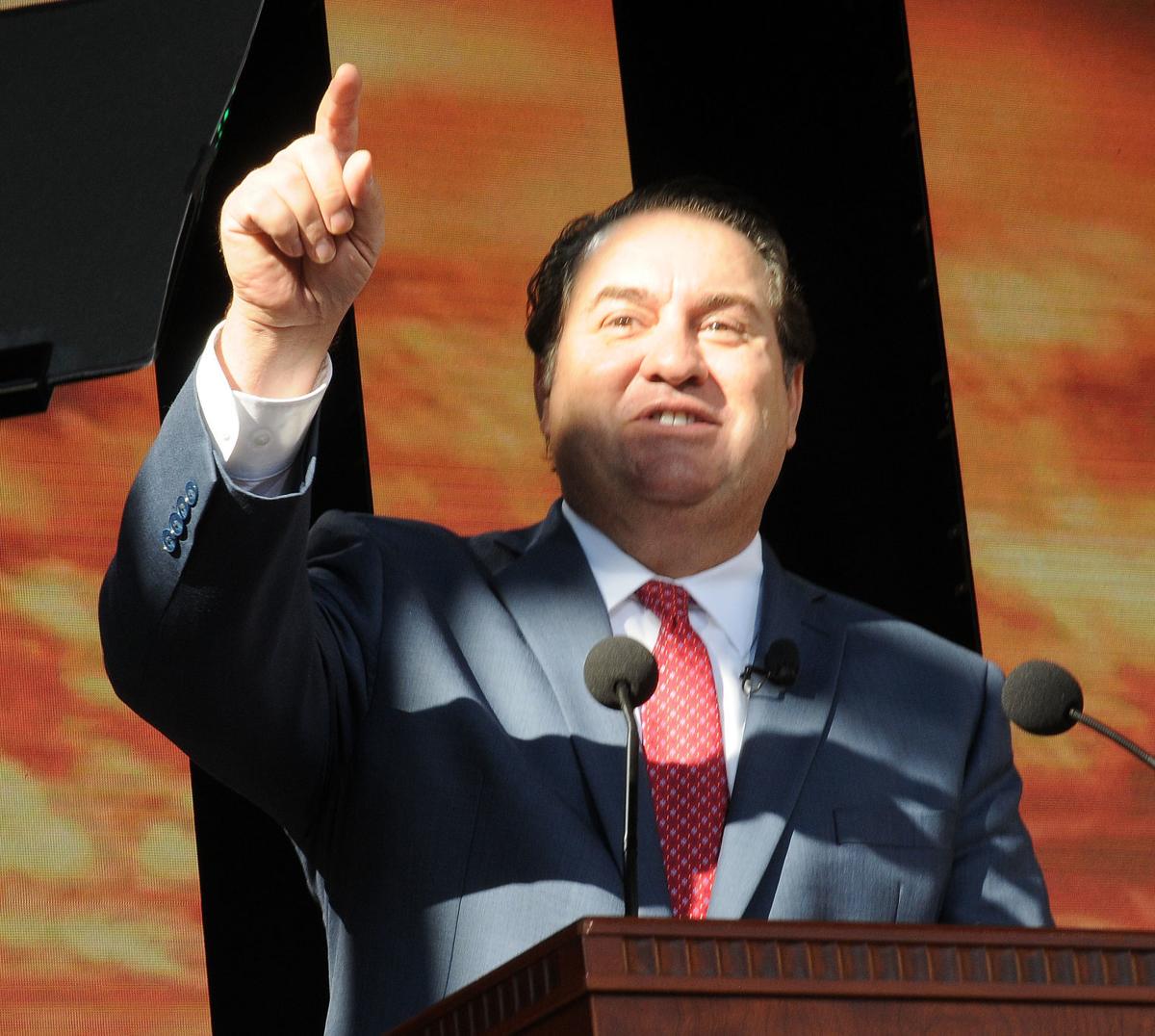PHOENIX — The Arizona Supreme Court on Tuesday rebuffed the latest bid by Attorney General Mark Brnovich to have the method of setting tuition at the state’s three universities be declared unconstitutional.
Without comment, the justices refused to hear his arguments that the Arizona Board of Regents is acting illegally by essentially deciding first how much they want to charge — or how much they think they can charge — and then justifying the amount later. Those factors, Brnovich said, include everything from median Arizona income and the availability of student loans to what state-run “peer universities” in other states are charging.
Brnovich said the Arizona Constitution requires the board to determine how much it costs to educate students and then set tuition based on that, coupled with how much money the Legislature appropriates.
“With its unconstitutional tuition-setting policy, ABOR has abandoned its duty to serve as a check on the university presidents, and has engaged in an unprecedented series of lockstep tuition hikes across Arizona’s three public universities that has resulted in a 16-year tuition increase of over 300 percent at each school,” Assistant Attorney General Beau Roysden wrote for Brnovich.
Strictly speaking, Tuesday’s decision by the high court to refuse his petition does not end the dispute.
In fact, attorneys for the Board of Regents urged the justices not to get involved, at least for the time being, pointing out that Brnovich has nearly identical claims awaiting review at the Court of Appeals.
But the refusal of the Supreme Court to intercede now could prove crucial.
In a ruling last year, Maricopa County Superior Court Judge Connie Contes ruled Brnovich has no legal right to bring a challenge to the tuition set for the state’s three universities — or even the policies used to come up with those numbers.
Contes concluded Brnovich can file such lawsuits only when he has specific legislative authority or permission of the governor. In this case, the judge concluded, he had neither.
It is that ruling that awaits action by the state Court of Appeals.
But the attorney general all but conceded that if the appellate judges find Contes is right — that he has no authority to bring the claim — then his efforts to fight the regents and the tuition could come to a halt: In his petition to the Supreme Court, Brnovich told the justices that taking the case directly to them “is possibly the only way to obtain judicial review in asserting and obtaining relief on these claims.”
There was no immediate response from the Attorney General’s Office.
At the heart of the legal fight is a constitutional provision that mandates that instruction at state universities “shall be as nearly free as possible.”
“ABOR nonetheless adopted a tuition-setting process that did not consider the cost of instruction as a factor when setting tuition, but rather looked at other factors such as students’ ability to pay by taking on debt,” his lawsuit charges. “Subsequently, tuition has skyrocketed at Arizona’s three public universities.”
Brnovich also is challenging what he said is higher tuition for part-time and fully online students, as well as what he said are illegal mandatory fees unrelated to instruction.
Even if Brnovich can eventually get a court to conclude he has a legal right to sue, that still leaves him with a significant hurdle.
More than a decade ago, the state Supreme Court dismissed a lawsuit filed by some university students challenging a 39 percent year-over-year increase in tuition.
The justices said the issue of tuition is a “political question” beyond the reach of the courts.
Brnovich, however, said his lawsuit is different, as it challenges not the level of tuition, but how it is set.
The appellate court will hear his appeal of the Contes ruling later this month.





